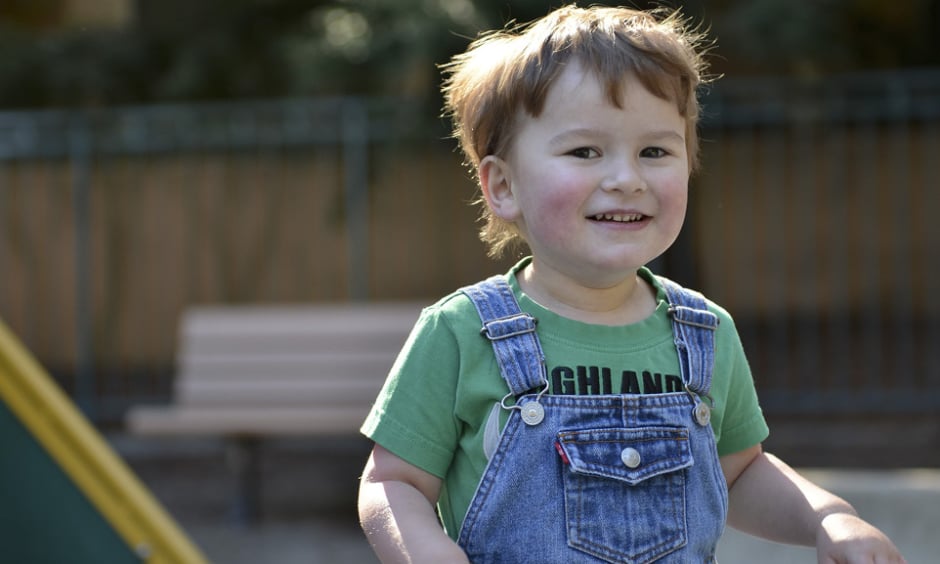SENSORY processing plays a role in the development of autism, indicates a study from Uppsala University, Uppsala, Sweden. By enhancing our understanding of how the condition develops at an early age, it is hoped the results will help enable earlier diagnosis.
Pupillary Light Reflex
Recent research has shown that basic brain development processes may contain early signs of the onset of autism. This includes observations that older children with autism have a weak pupillary light reflex. To investigate this further, the team analysed the pupillary light reflex in infants aged 9–10 months and followed them until the age of 3 years when diagnostic evaluation for autism was undertaken. The study comprised 147 infants with an older sibling diagnosed with autism along with a control group of 40 infants from the general population.
Surprising Results
The analysis showed that 29 of the 147 infants with an older sibling with autism met the criteria for the condition at follow-up. These children constricted their pupils to a greater extent than those who did not meet the criteria for autism at 3 years of age. The results were surprising, because in contrast to older children with autism, infants later diagnosed with the condition had stronger pupillary light reflexes compared with controls. “We believe the findings are important because they point to a very basic function that has not been studied before in infants with later autism diagnosis,” commented the Principal Investigator of the study, Dr Terje Falck-Ytter, Uppsala University.
Early Diagnosis
The team hope the findings will make it easier to diagnose the condition early. Dr Falck-Ytter added: “Currently, autism cannot be reliably diagnosed before 2–3 years of age, but we hope that with more knowledge about the early development of the condition, reliable diagnosis will be possible earlier, which should facilitate early access to intervention and support for families. New knowledge about early development in autism may also provide new leads on strategies for early intervention.”
Further Research Required
They caution however, that the research demonstrated group differences only, and it is too soon to know whether this method could be used for early detection in a clinical setting.
James Coker, Reporter
For the source and further information about the study, click here.








